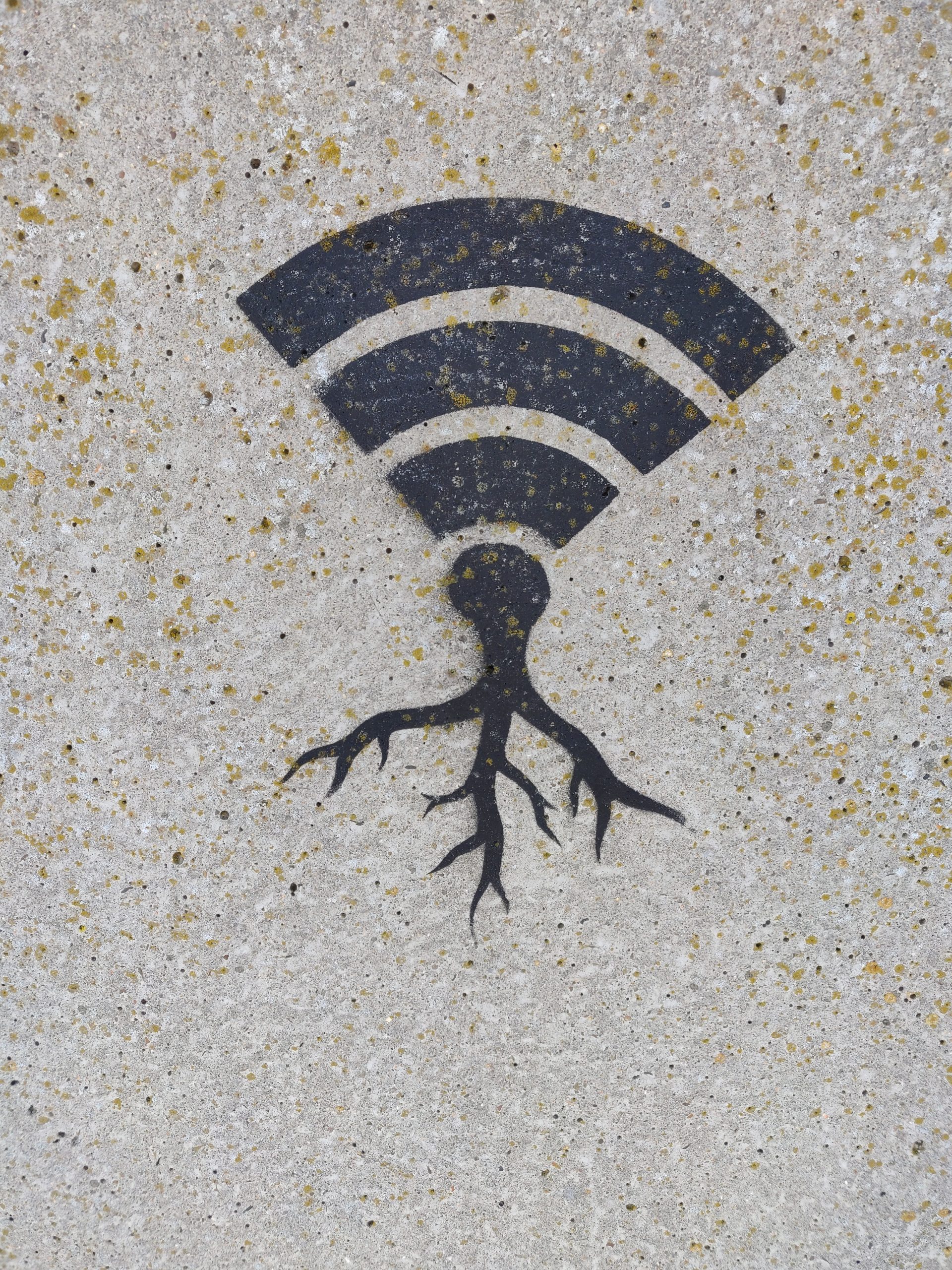Are you someone who loves to connect to public Wi-Fi hotspots but is worried about the safety and privacy of your data? If yes, then a VPN might be the solution for you! However, have you ever wondered if using a VPN can also hide your Wi-Fi connection from prying eyes? In this blog post, we will explore this question and provide insights into whether or not a VPN does indeed hide your Wi-Fi. So buckle up and read on to find out all about it!
What is a VPN?
A VPN, or Virtual Private Network, is a private network that encrypts and transmits data while it travels from one place to another. A VPN allows you to connect to a secure server and transmit data over the internet. This way, your data is encrypted and your privacy is protected.
How does a VPN work?
A VPN, or Virtual Private Network, is a tool that helps to keep your online activity and identity private. A VPN works by encrypting your internet traffic and routing it through a server in another location. This makes it difficult for anyone to track your online activity or identify your real IP address. Additionally, a VPN can help to improve your online security by making it more difficult for hackers to access your personal information.
Does a VPN hide your WIFI?
A Virtual Private Network, or VPN, is a type of technology that allows users to create a secure connection to another network over the Internet. A VPN can be used to access private networks, such as a home or office network, or to connect to public networks, such as those found in coffee shops or airports. When using a VPN, all data that is sent over the Internet is encrypted and routed through the VPN server. This means that anyone who is trying to intercept your traffic will only see gibberish and will not be able to see what websites you are visiting or what data you are sending.
Advantages and disadvantages of using a VPN
A VPN encrypts your internet traffic and routes it through a remote server, making it appear as if your traffic is coming from the VPN server rather than your actual location. This has several advantages:
-It can help you bypass geo-restrictions and access content that would otherwise be unavailable in your country.
-It can improve your privacy and security by hiding your real IP address and encrypting your traffic.
-It can help you circumvent censorship filters placed on your internet connection.
However, there are also some disadvantages to using a VPN:
-It can slow down your internet connection due to the extra processing power required to encrypt and route your traffic.
-It can be less secure than other methods of protecting your privacy, such as using a proxy server or Tor.
-Some VPN services keep logs of user activity, which could potentially be accessed by third parties.
How to choose the right VPN
If you're considering using a VPN, there are a few things to keep in mind when choosing the right one for you. Here are a few tips:
- Make sure the VPN has servers in locations where you need them. If you're trying to access content that's only available in certain countries, you'll need a VPN with servers in those countries.
- Be sure to check the reviews of any VPN before you sign up. There are many scams out there, and you don't want to waste your money on one of them.
- Make sure the VPN offers the features that you need. Some VPNs offer more security than others, while some focus more on speed. Choose the one that best meets your needs.
Conclusion
To sum up, a VPN can help hide your WIFI connection and protect your data from malicious hackers. Encrypting the connection between you and the internet prevents third parties from viewing the data that is being transmitted, giving you additional privacy and security. It's an invaluable tool if you are using a public Wi-Fi network or want to keep confidential information safe on other networks. With these benefits in mind, it makes sense to use a reliable service when connecting via WIFI - whether for streaming content such as movies or for browsing sensitive sites like bank accounts - so that your activity remains private.


